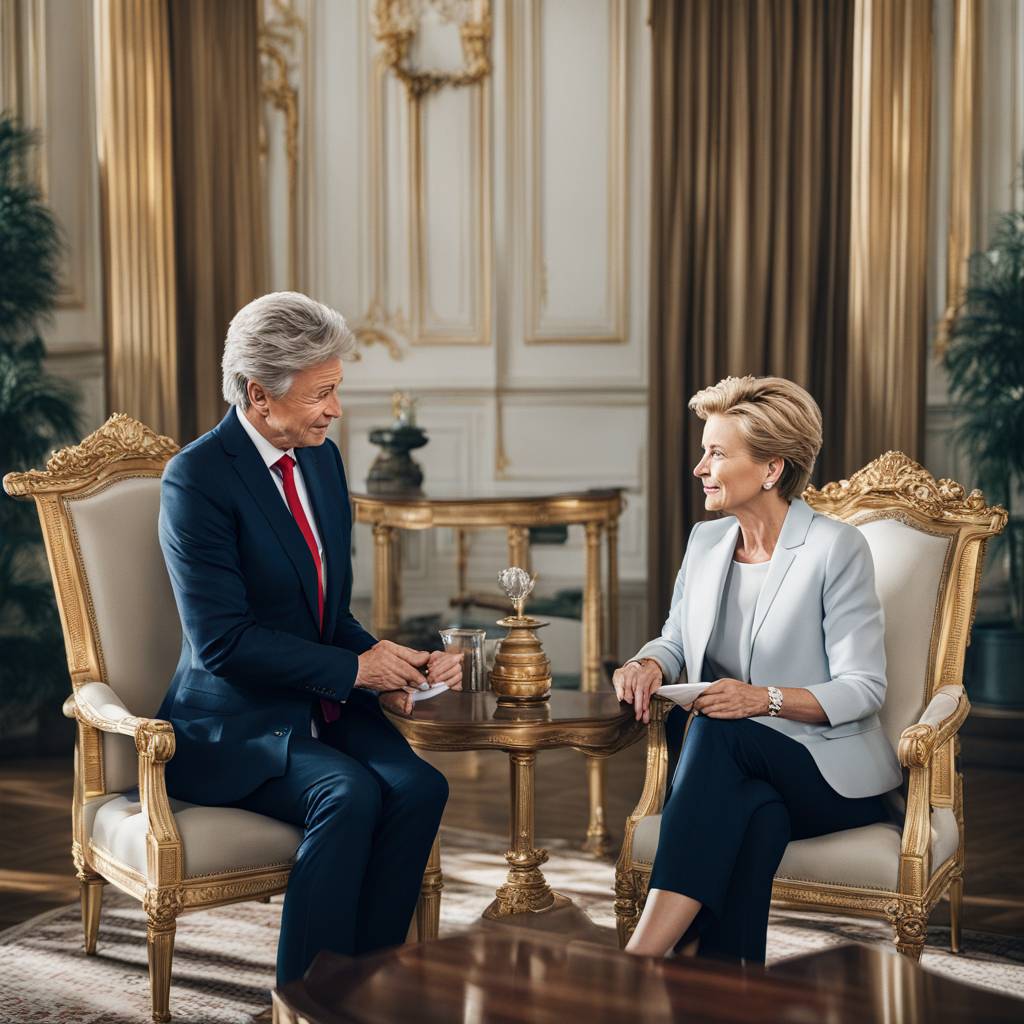European Commission President Ursula von der Leyen’s appointment of German MEP Markus Pieper as Envoy for Small and Medium-sized Enterprises has sparked controversy over allegations of favouritism. Four commissioners, including those from Spain, France, Luxembourg, and Italy, challenged the choice and requested a discussion about the recruitment process. Socialist, Liberal, and Green MEPs also called for the selection to be rescinded in a resolution on the European Commission’s 2023 budget. The selection criteria, which included merit, gender balance, and preference for underrepresented member states, were questioned as Pieper was reportedly considered less qualified than other candidates.
German Green MEP Daniel Freund expressed concerns about the appointment process, noting that the best candidate should be chosen based on qualifications rather than political reasons. Pieper’s affiliation with the same party as von der Leyen, the Christian Democratic Union (CDU), raised suspicions of potential bias. Freund highlighted the CDU’s desire for gender balance in a German region where there were too many male MEPs, suggesting this may have influenced Pieper’s selection. The lack of transparency in the selection process and doubts surrounding the decision-making process have fueled criticisms of the appointment.
Despite the backlash, the European Commission defended the appointment, stating that the standard procedures were followed. The spokesperson for the EU executive emphasized that the process involved proposals by the commissioner in charge of personnel, Johannes Hahn, in agreement with the president and consultation with the portfolio commissioner, Thierry Breton. President von der Leyen was said to have confidence in the integrity of the selection process, although the specific stages were not disclosed to the public. The Commission maintained that the appointment of Pieper was made in accordance with established procedures and guidelines.
The controversy surrounding Pieper’s appointment as Envoy for Small and Medium-sized Enterprises continues to generate debate within the European Union. Critics have questioned whether political considerations influenced the decision to appoint Pieper over potentially more qualified candidates. The lack of transparency in the selection process and concerns about favouritism have raised broader issues about the governance and accountability of the European Commission. MEPs and commissioners from various member states have expressed reservations about the appointment, citing the need for greater adherence to established criteria and principles in decision-making processes.
As the scrutiny over the appointment intensifies, the European Commission faces mounting pressure to address the concerns raised by MEPs and commissioners. Calls for a reassessment of the selection process have gained traction, with demands for greater transparency and accountability in future appointments. The controversy underscores the importance of upholding merit-based principles and avoiding perceptions of favouritism or bias in the recruitment of key positions within the European Union. The outcome of this dispute may have implications for future appointments and decision-making processes within the EU institutions.
In conclusion, the controversy surrounding the appointment of Markus Pieper as Envoy for Small and Medium-sized Enterprises highlights broader issues of governance, transparency, and accountability within the European Commission. The allegations of favouritism and questions about the selection process raise concerns about the integrity of decision-making and the adherence to established criteria in appointing key positions. The ongoing debate reflects a broader challenge facing the EU in balancing political considerations with merit-based principles in its decision-making processes. Moving forward, greater transparency and adherence to established procedures will be essential to rebuilding trust and credibility in the European Commission’s recruitment and appointment practices.













